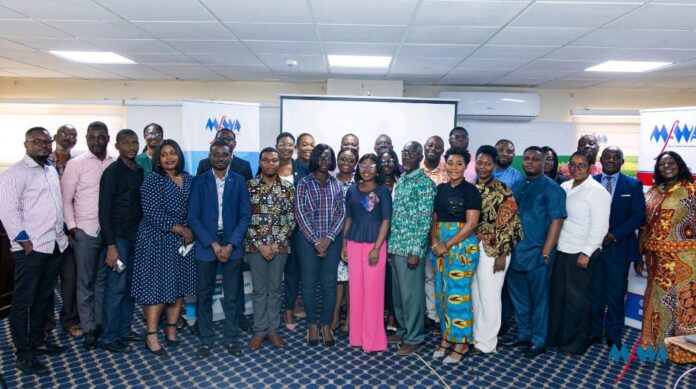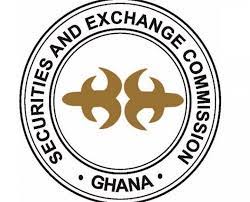The Media Foundation for West Africa (MFWA), with support from Oxfam in Ghana has held a stakeholder validation meeting in Accra to review a draft media guide aimed at enhancing journalistic reporting on tax justice, Illicit Financial Flows (IFFs), and Domestic Resource Mobilisation (DRM).
The session, held under the title: “Tax for Development: Strengthening Civil Society and Media for Fiscal Justice” project, brought together media professionals, civil society organisations (CSOs), state regulatory institutions, anti-corruption agencies, and women’s rights groups to provide feedback on the guide.
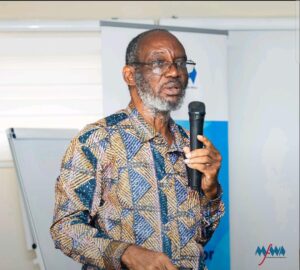
The project aims to strengthen the media’s capacity to report on complex fiscal governance issues and foster public accountability in resource use and tax policy.
The guide titled “Media Guide for Journalists: Understanding Illicit Financial Flows, Progressive Taxation, and Domestic Resource Mobilisation”, outlines essential concepts and investigative tools to help journalists report on issues such as tax evasion, corruption-related flows, trade mispricing, and the political economy of taxation and resource governance.
Illicit Financial Flows, estimated to cost Ghana several percentage points of GDP annually, deprive the country of vital resources needed for education, healthcare, infrastructure, and social services.
The guide seeks to demystify the technical nature of these issues and empower journalists to uncover financial leakages that undermine national development.
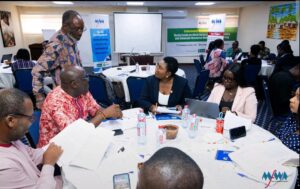
Participants at the meeting welcomed the initiative as timely and essential, while emphasising the urgent need for the media to play a more proactive role in fiscal oversight and public education on tax justice.
Several contributors called for the guide to be made more user-friendly, recommending the inclusion of local examples, simplified language, and elements to aid understanding.
It was also highlighted that training sessions and newsroom workshops will be vital to ensure widespread adoption and effective use of the guide.
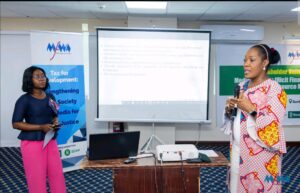
Stakeholders further pointed out the media’s potential to shape policy through sustained investigative reporting, citing previous examples where journalistic work had brought fiscal issues into public debate and prompted reforms.
Strengthening collaboration between the media, civil society, and oversight institutions was also identified as critical to ensuring impact.
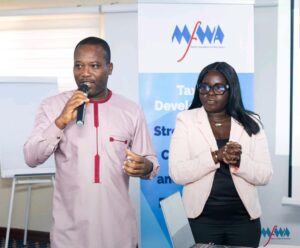
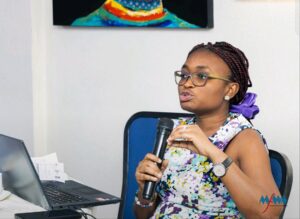
The validated guide is expected to undergo final adjustments before being launched and disseminated nationwide. It will form the basis of a series of training interventions aimed at supporting journalists to report more effectively on taxation, illicit flows, and resource mobilisation.

